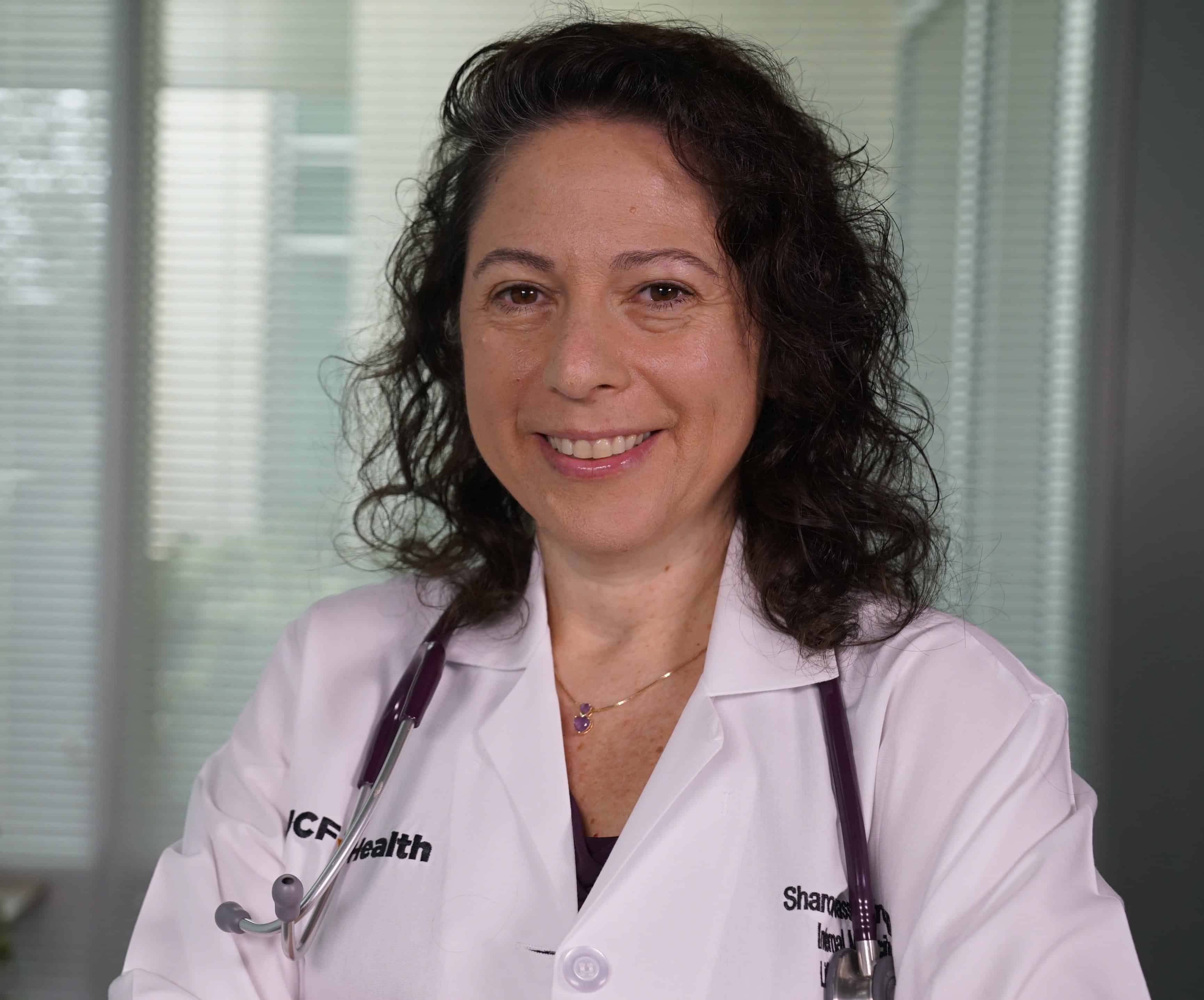
If you think eating vegan is only for animal lovers, think again. There is significant evidence that plant-based diets can help prevent, treat and even reverse some chronic illnesses, such as diabetes and heart disease.
This does not mean you have to go 100 percent vegan to get the benefits, but the more fruits, veggies, and beans you eat, the more health benefits you will see.
What Is a Plant-Based Diet?
Plant-based diets are centered on foods rich in vitamins and minerals, including non-starchy vegetables, legumes, fresh fruit, and nuts. Broccoli, mushrooms, beans, lentils, peas, berries and almonds are common foods found in a plant-based diet.
When switching to a plant-based diet, it’s important to focus on eating mainly whole foods such as fruits, vegetables, beans, lentils, chickpeas, and quinoa. By eating these fiber-rich, nutrient-rich foods, you avoid foods high in salt, sugar, saturated fat, trans fat, and simple carbohydrates. Eating a plate full of these whole food ingredients is a recipe for avoiding many chronic diseases such as heart disease, diabetes and obesity.
Diabetes
Research has shown that those with type 2 diabetes can see positive impacts on their health by eating a plant-based diet through improved insulin sensitivity, decreased insulin resistance, and better glycemic control. After adopting plant-based diets, I’ve had patients no longer require insulin to control their blood sugar. Patients really love it when they no longer require a medication – it saves them from adverse side effects, saves them money, and they feel more vibrant.
Even if you don’t have diabetes, eating more plant-based meals and less of the foods that contribute to obesity can reduce your risk of developing type 2 diabetes.
Heart Disease
Eating a plant-based diet also lowers your risk for developing heart disease. Studies have shown that a higher intake of plant-based foods substantially lowers your “bad” cholesterol and contributes to healthy blood pressure. If you think that a family history of heart disease has you doomed, think again! By being proactive in changing your diet and other lifestyle modifications, you may never develop heart disease like your mother, father, sister or brother did.
Getting Started
Always consult a doctor before making big changes to your diet. If you are motivated to take charge of your health by making healthy lifestyle modifications, such as diet, a lifestyle medicine specialist can help. Together, as a team, we can devise a plan that works best for you to achieve your goals.

Dr. Sharon Wasserstrom is a Lifestyle Medicine specialist at UCF Health in Lake Nona. She helps patients to feel their best through diet, exercise, stress management and more. Learn more at ucfhealth.com

